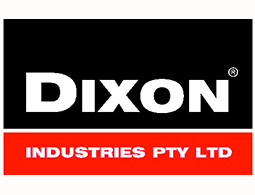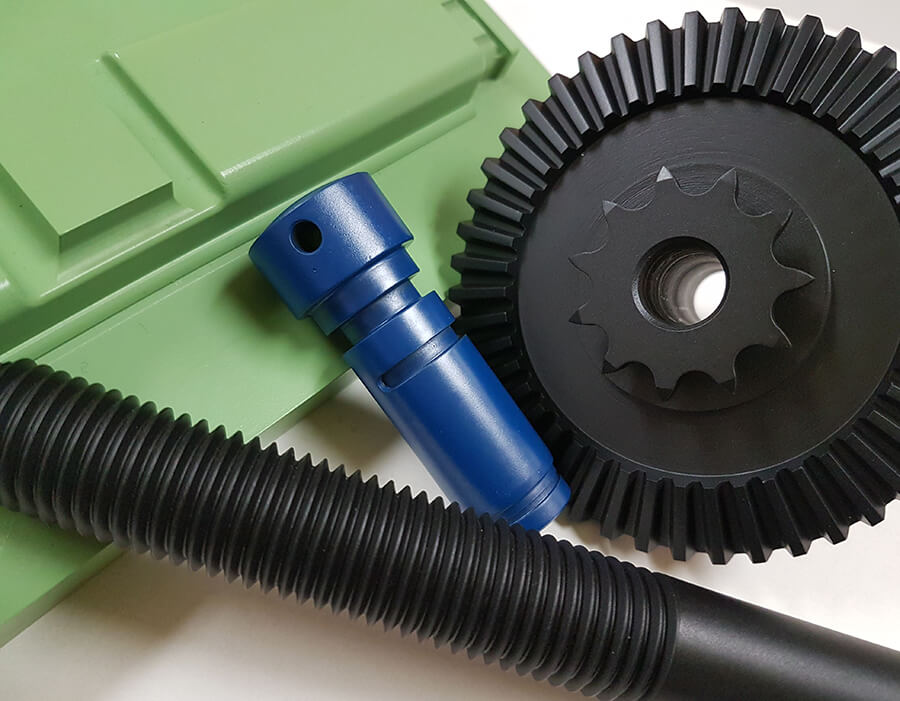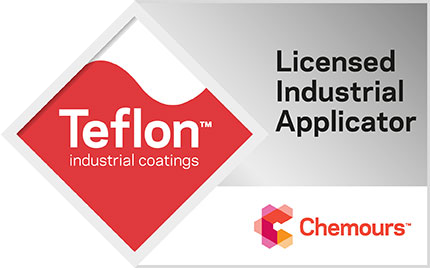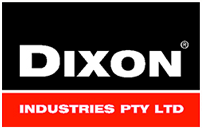Teflon Coating
Since their discovery and subsequent introduction under the Teflon trademark, fluoropolymers have demonstrated a versatility unmatched by any other engineering material. With a unique combination of properties, Chemours (formerly Dupont) Teflon industrial coatings have gained acceptance in a wide variety of markets.
Dixon Industries provide a comprehensive Teflon coating service. The company is one of only 2 Licensed Industrial Applicators in Australia. A licensed industrial applicator (LIA) is a company selected for its extensive knowledge and experience in recommending and applying Teflon industrial coatings, as well as for the quality of its workmanship.
PLEASE NOTE: Dixon Industries specialises in industrial coatings – we do not provide a recoating service for domestic applications.
Licensed Industrial Applicator
Non-stick coatings are essential to the performance of some welding machine components, so we had to learn how to apply Teflon to those parts. As other industrial users became aware of our ability to apply Teflon coatings, external sales began to grow.
The Company was appointed a Licensed Industrial Applicator (LIA) of Chemours’ range of non-stick coatings in 1984. A LIA is a company selected for its extensive knowledge and experience in recommending and applying Teflon industrial coatings, as well as for the quality of its workmanship. We are the only LIA in South Australia, and one of less than 100 other LIA’s in the Chemours worldwide network.
The 7 properties of Teflon
 1. Non-stick
1. Non-stick
Very few solid substances will permanently adhere to a Teflon finish. Although tacky materials may show some adhesion, almost all substances release easily.
 2. Low coefficient of friction
2. Low coefficient of friction
The coefficient of friction of Teflon is generally in the range of 0.05 to 0.20, depending on the load, sliding speed and particular Teflon coating used.
 3. Non wetting
3. Non wetting
Since surfaces coated with Teflon are both oleophobic and hydrophobic, they are not readily wetted. Cleanup is easier and more thorough – in many cases, surfaces are self-cleaning.
 4. Heat resistance
4. Heat resistance
Teflon industrial coatings can operate continuously at temperatures up to 260°C/500°F and can be used for intermittent service up to 316°C/600°F with adequate ventilation.
 5. Unique electrical properties
5. Unique electrical properties
Over a wide range of frequencies, Teflon has high dielectric strength, low dissipation factor, and very high surface resistivity. By special techniques, it can even be made electroconductive enough to be used as an anti-static coating.
 6. Cryogenic stability
6. Cryogenic stability
Many Teflon industrial coatings withstand severe temperature extremes without loss of physical properties. Teflon industrial costings may used at temperatures as low as -270°C/-454°F.
 7. Chemical resistance
7. Chemical resistance
Teflon is normally unaffected by chemical environments. The only chemicals known to affect all Teflon industrial coatings are molten alkali metals and highly reactive fluorinating agents.



